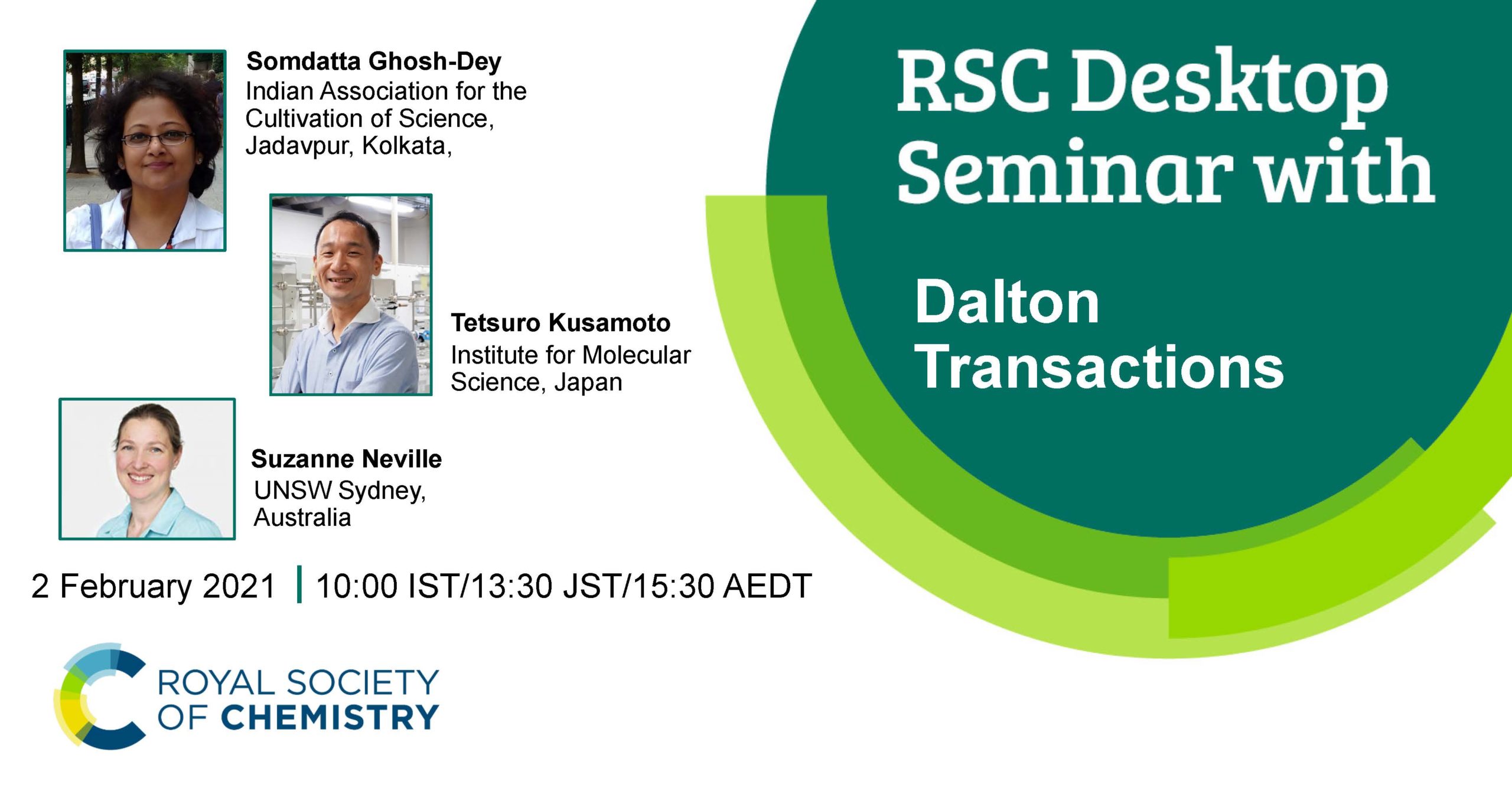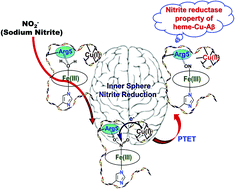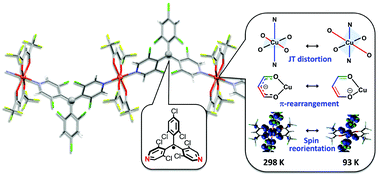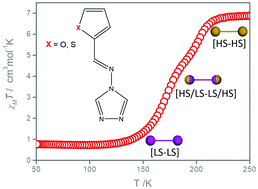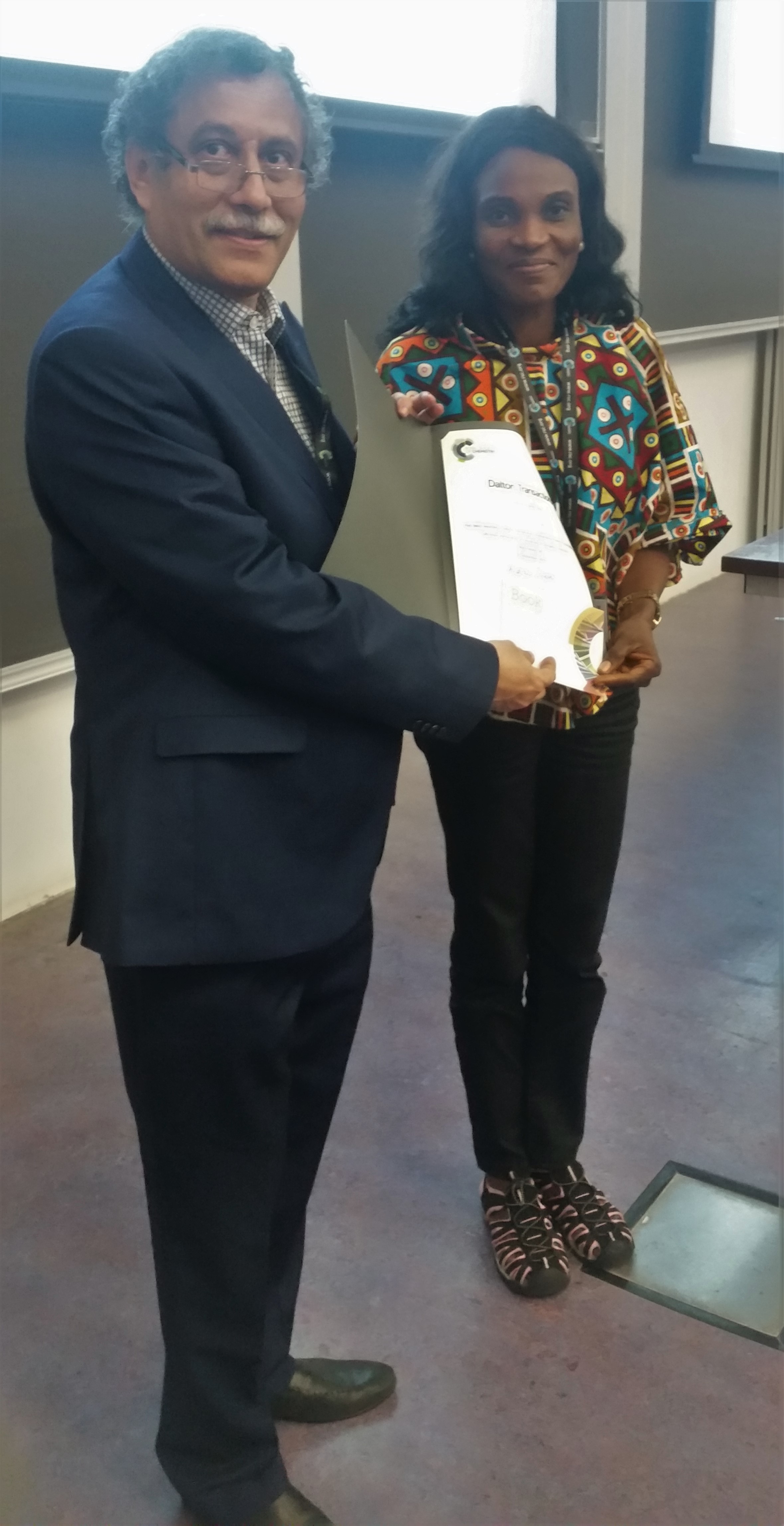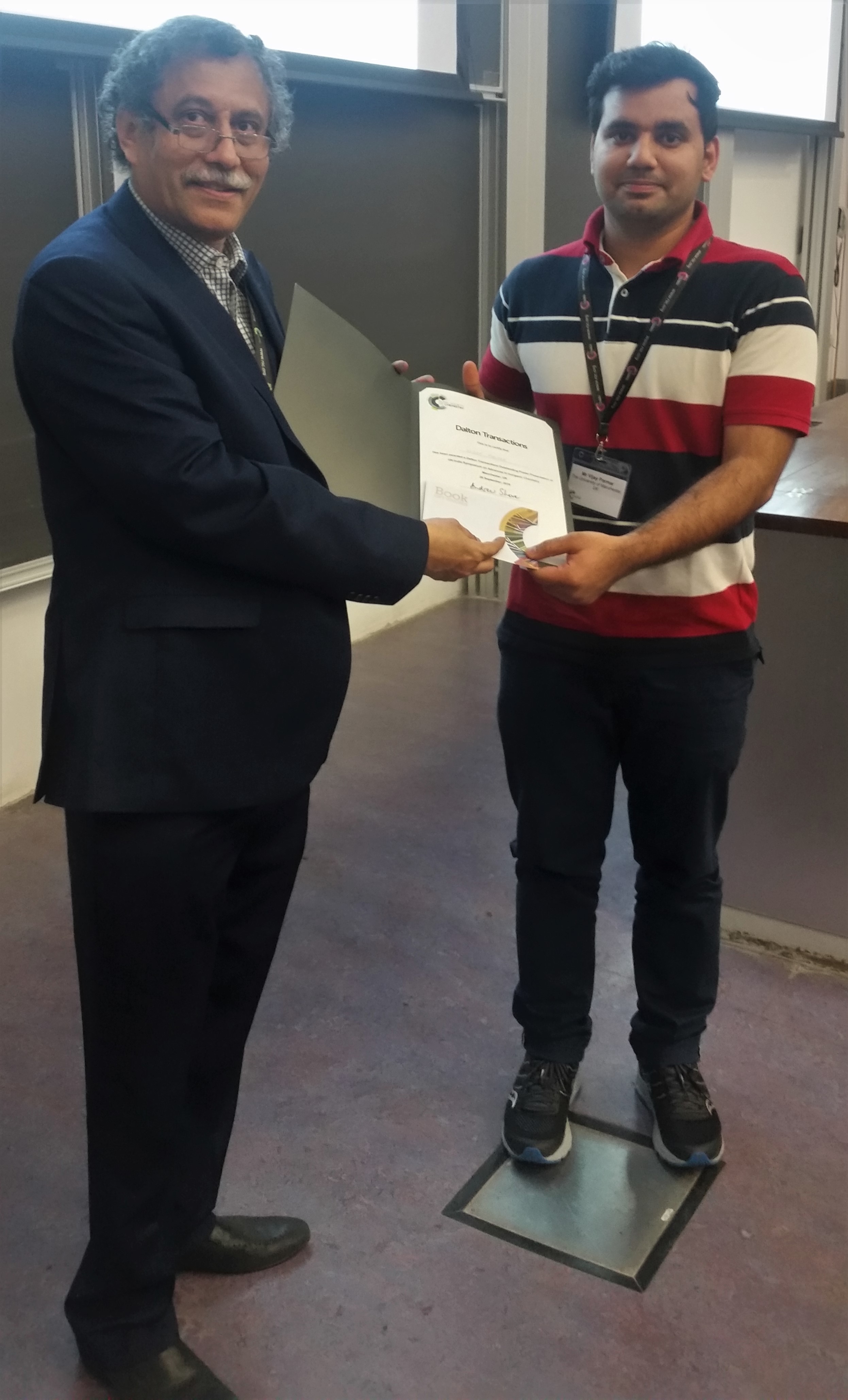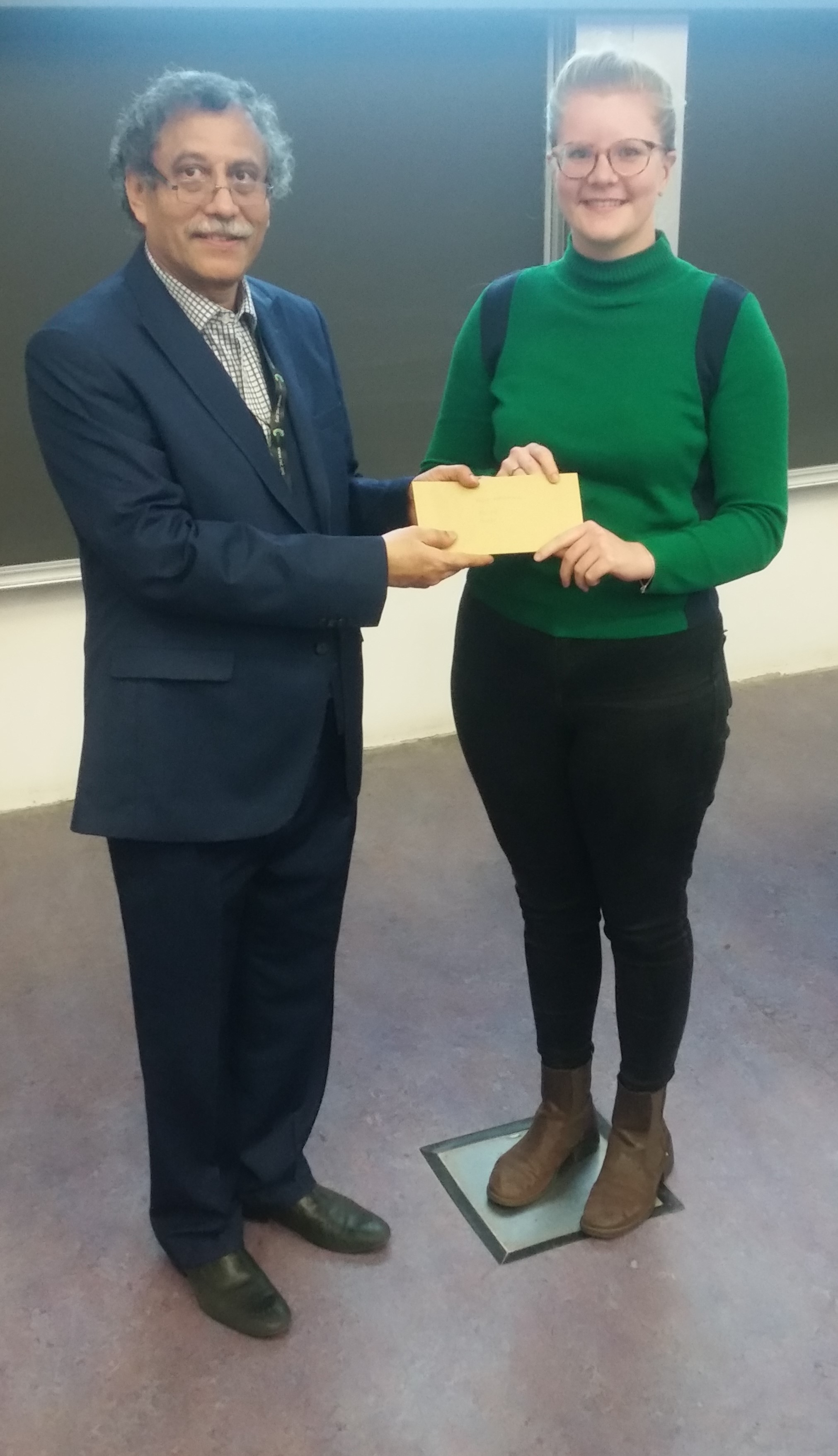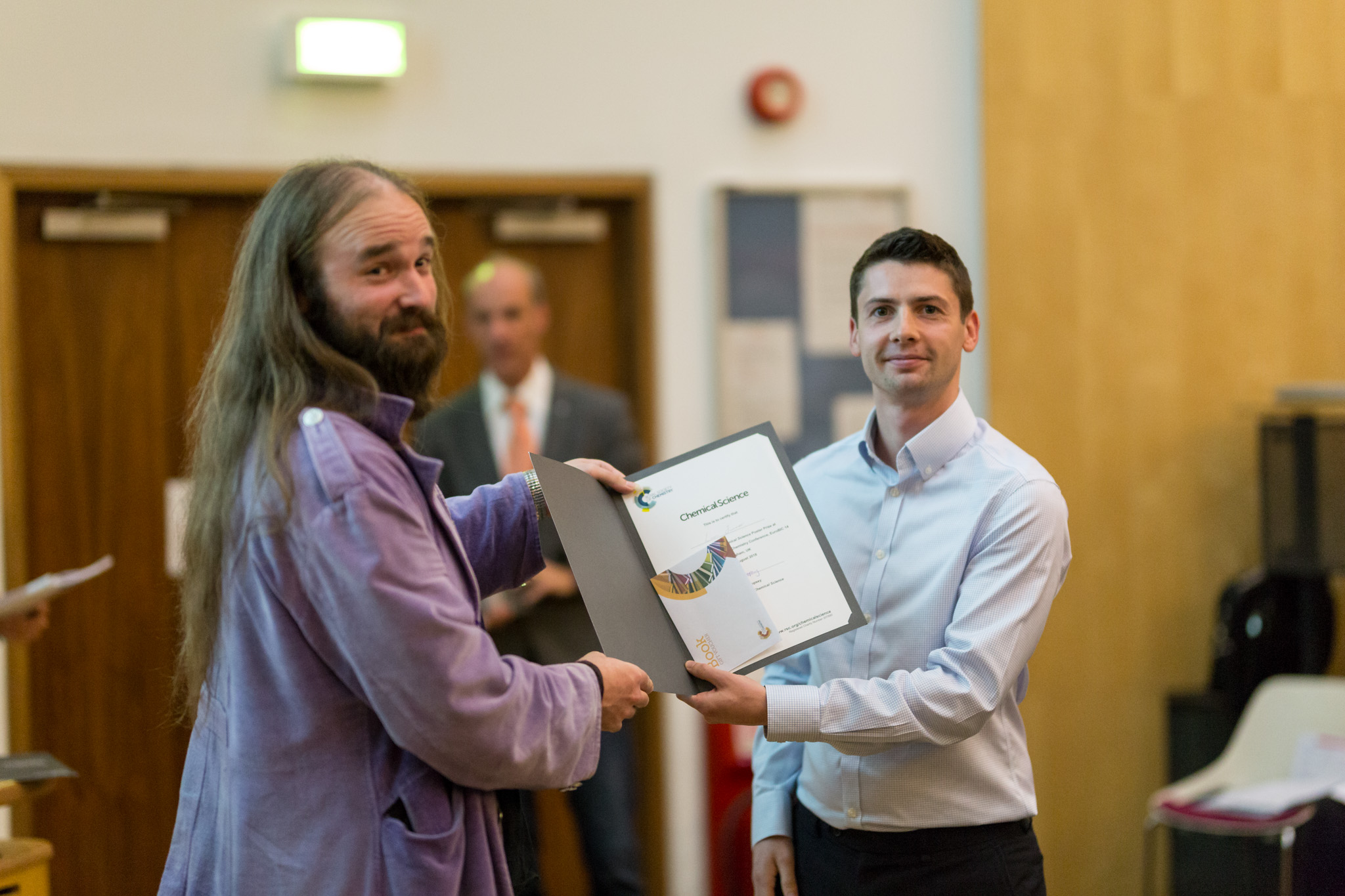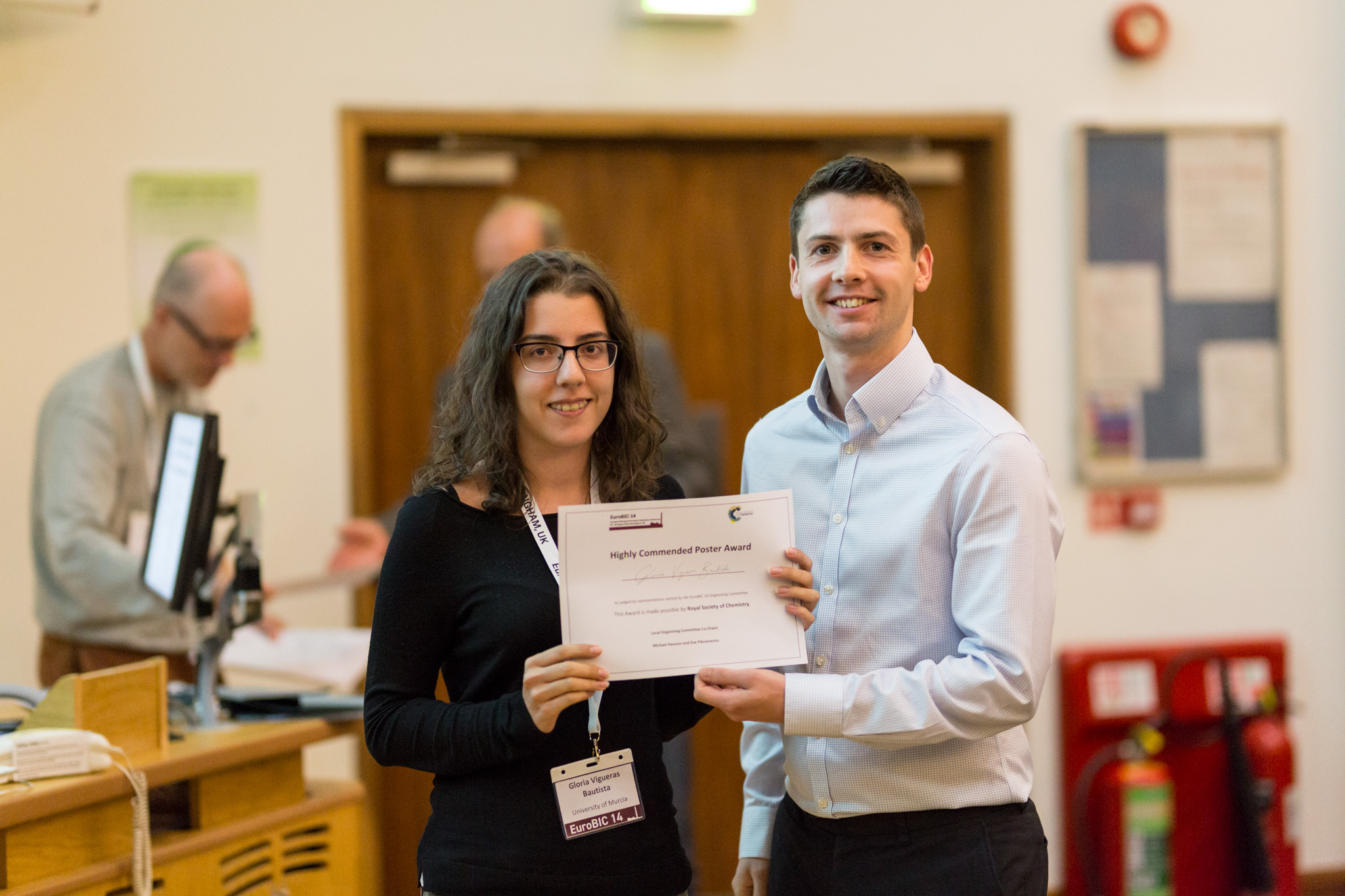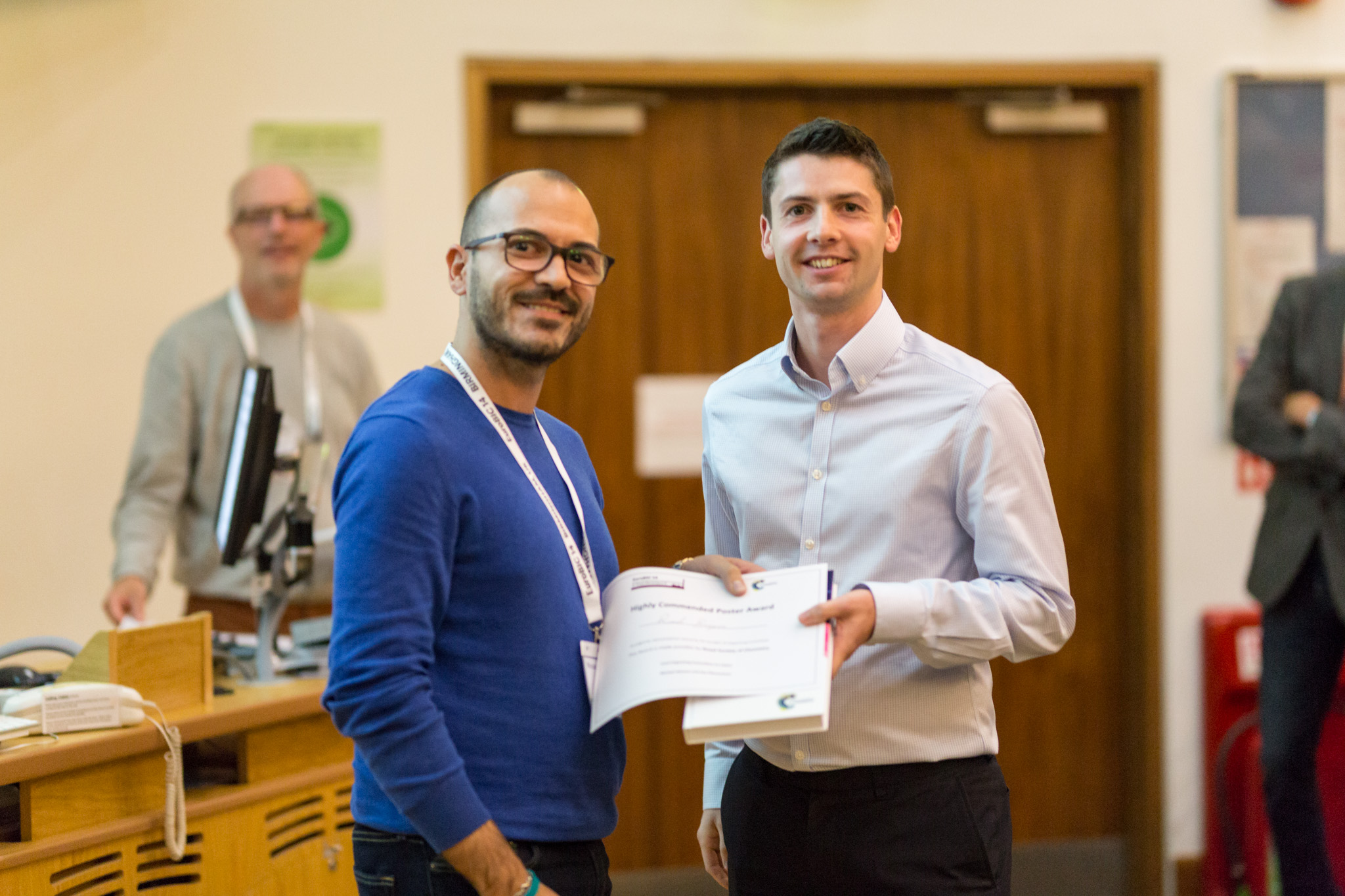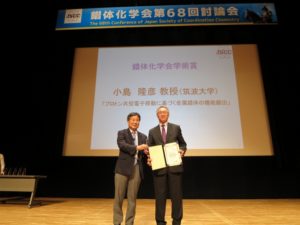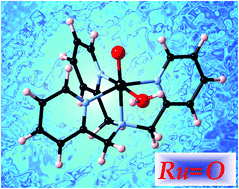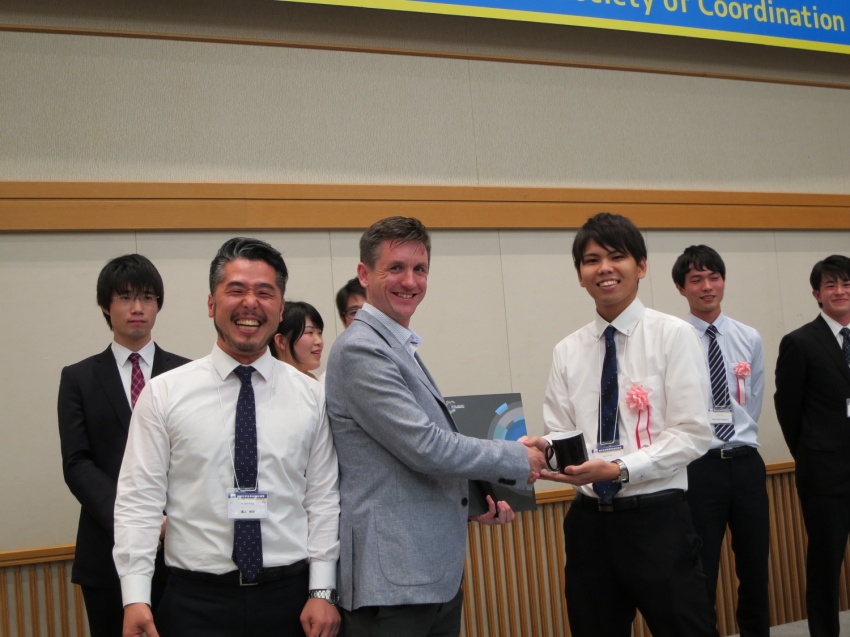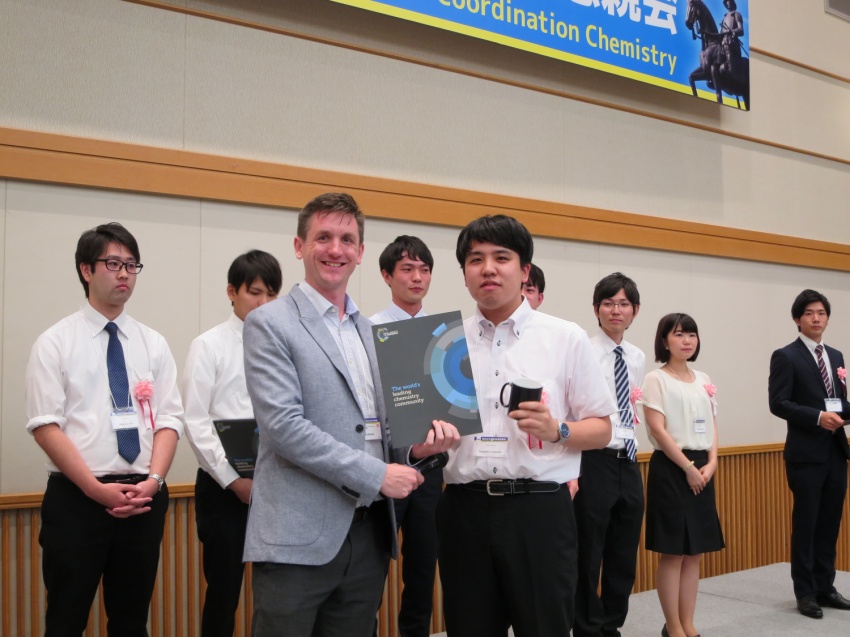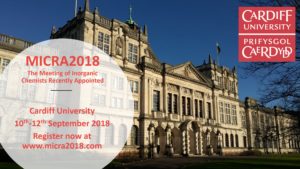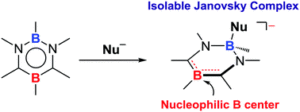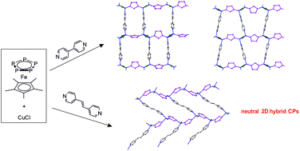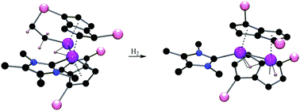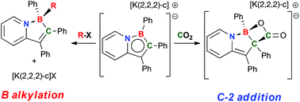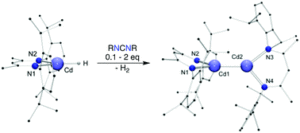Among the immense disruption faced by the scientific community in 2020, one significant loss has been the cancellation or postponement of conferences, symposia, and other scientific meetings. Emerging investigators have been particularly effected by this, having lost the chance to present their research at a key stage in their career. Dalton Transactions, therefore, has decided to launch a desktop seminar series, aimed specifically at early career researchers and based on our popular New Talent series of themed issues.
The next desktop seminar is based on our 2018 themed issue, New Talent: Europe – attendance is free and registration is now open.
The seminar will be held on April 23, 2021 and will be chaired by Dalton Transactions Editorial Board Member, Professor Marinella Mazzanti. The talks will cover a wide spectrum of topics within inorganic chemistry, including metal-organic frameworks, bioinorganic chemistry, and organometallic chemistry.
Speakers:
| Professor Wendy Lee Queen
EPFL Switzerland Talk Title: Realizing the global benefits of the world’s most porous materials To find out more about Professor Queen’s work, check out her article in the New Talent: Europe themed issue on Selective CO2 adsorption by a new metal–organic framework: synergy between open metal sites and a charged imidazolinium backbone. .
|
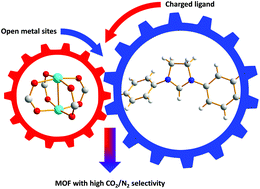
|
| Dr Nicola Farrer
University of Oxford, UK Talk Title: Metals in medicine: challenges and opportunities To find out more about Dr Farrer’s work, check out her article in the New Talent: Europe themed issue on Platinum(iv) azido complexes undergo copper-free click reactions with alkynes.
|
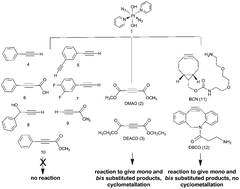
|
| Dr Clément Camp
CNRS, Université Lyon 1, France Talk Title: Cooperative Heterobimetallic C-H bond Activations at Supported Tantalum/Iridium Pair-site Catalysts To find out more about Dr Camp’s work, check out his recent article: Mechanistic investigations via DFT support the cooperative heterobimetallic C–H and O–H bond activation across Ta . .
|
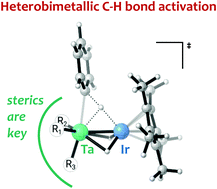
|
Register now to attend these exciting talks!
https://www.rsc.org/events/detail/46391/dalton-transactions-new-talent-europe
Future desktop seminars will include more speakers from our 2018 themed issue, New Talent: Europe, as well as our 2020 themed issue, New Talent: Americas, so watch this space for more details or sign up to our newsletter!


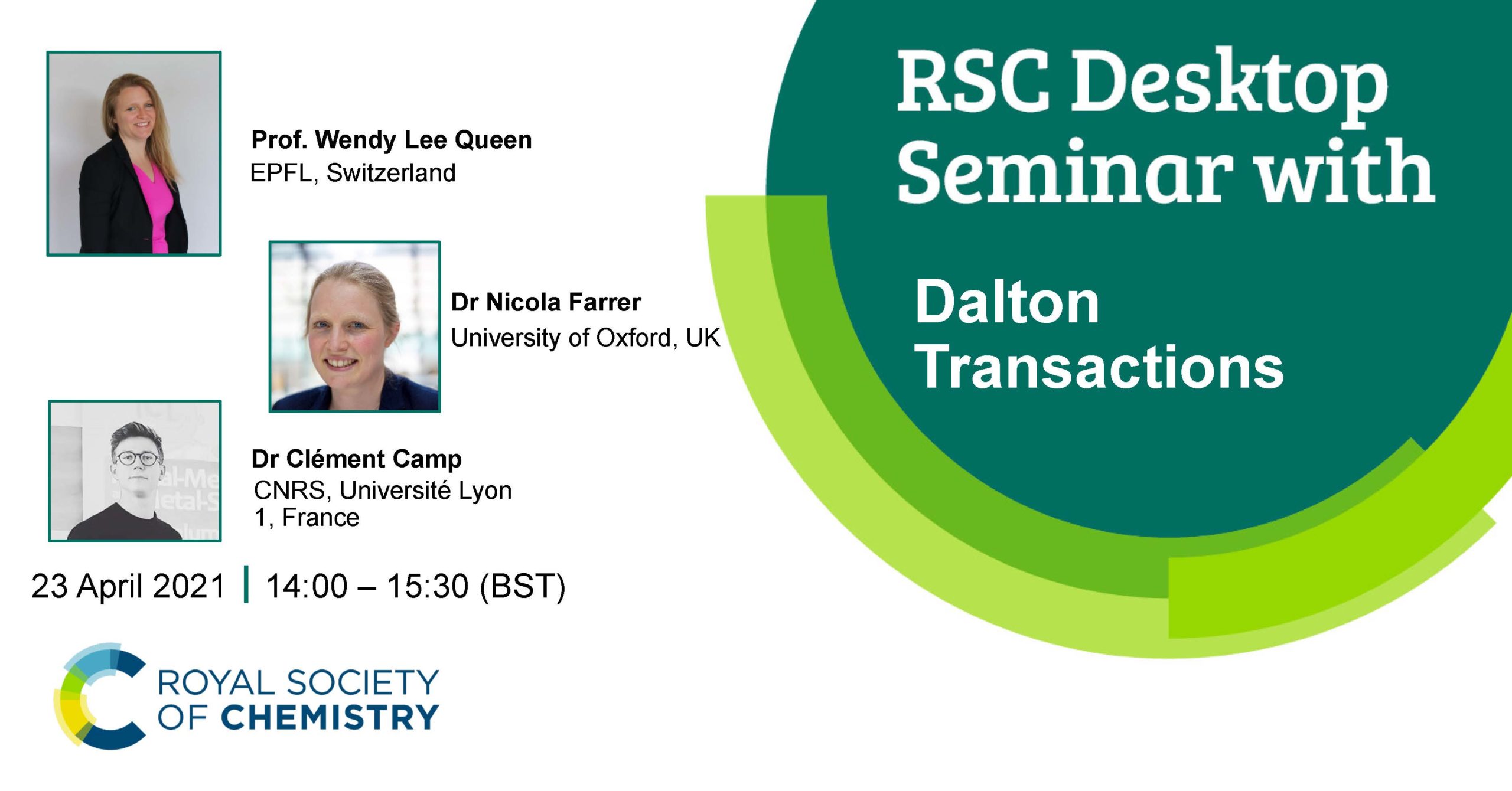
![[double bond, length as m-dash]](https://www.rsc.org/images/entities/char_e001.gif) Ir multiple bonds
Ir multiple bonds








